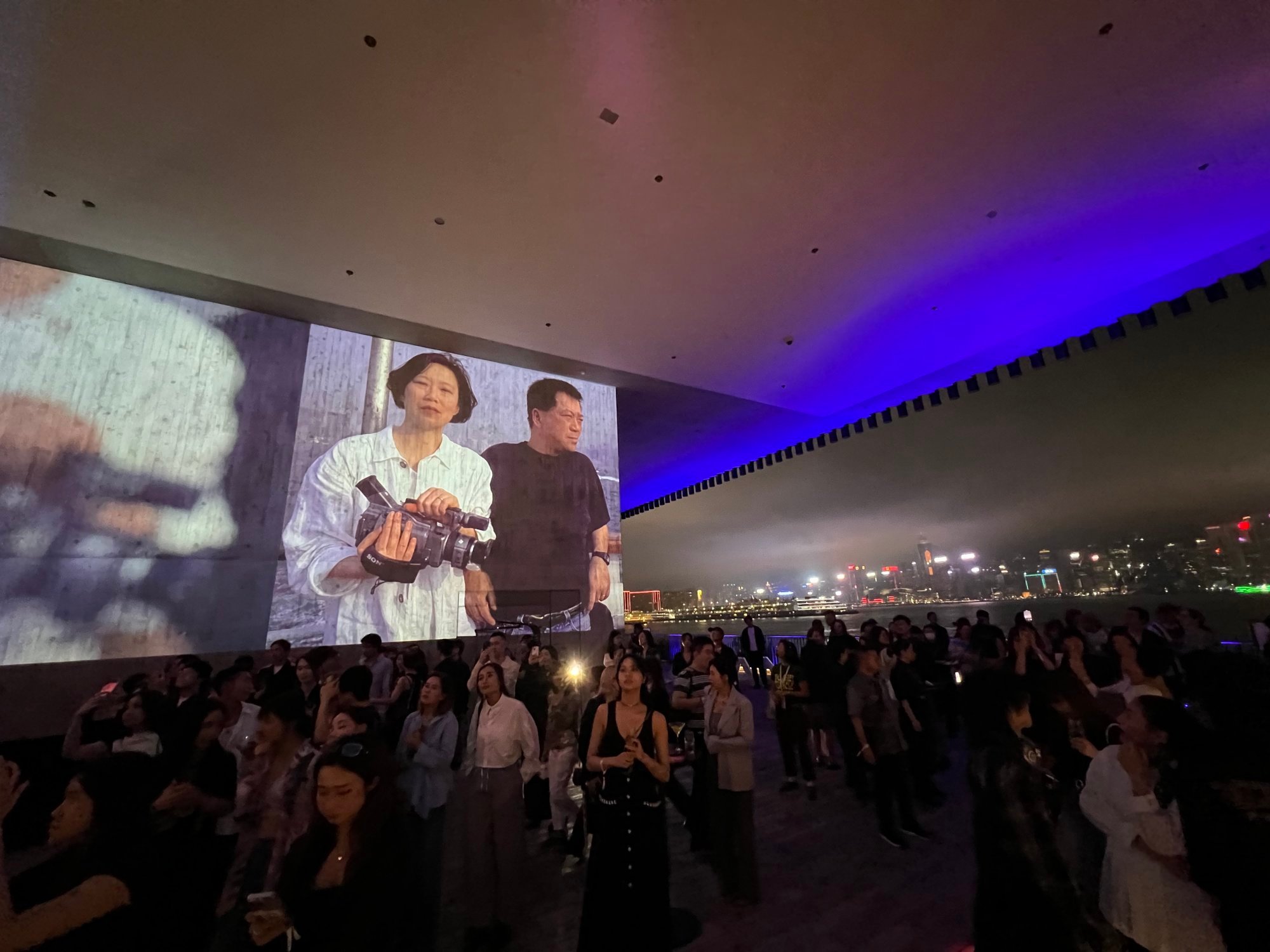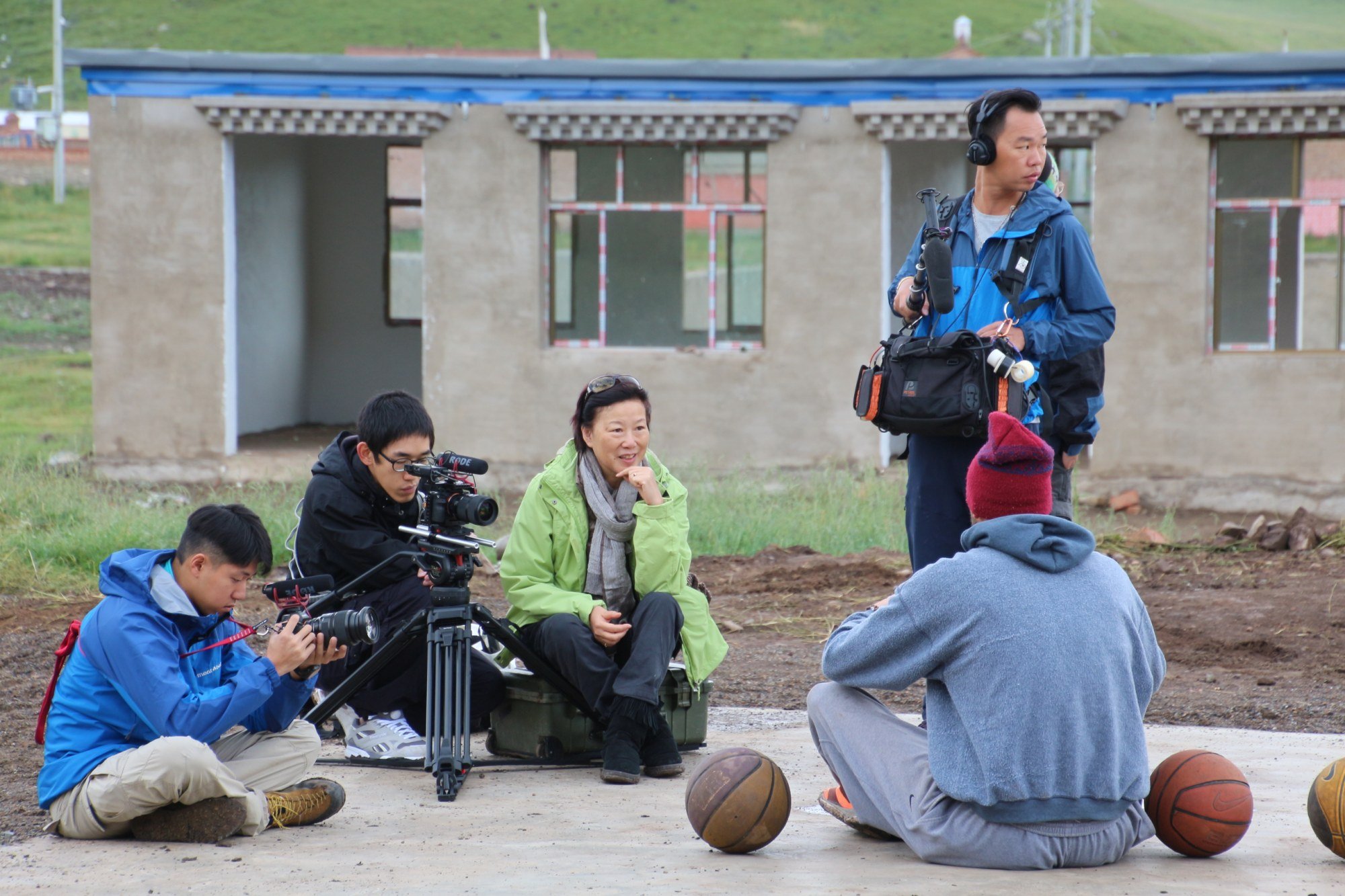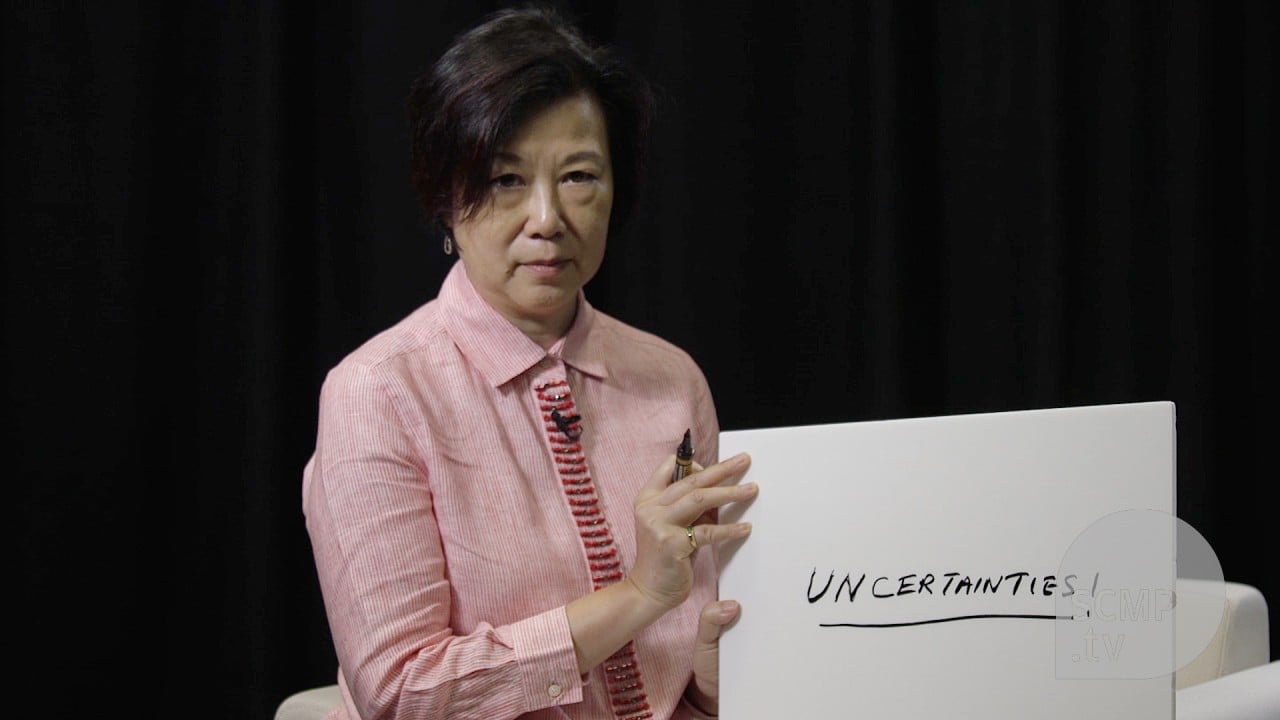
The five works in question, all short films, and described by M+ as “impressionistic”, “experimental” or “stylised”, were made in the 1970s and 80s, with the pair collaborating to varying degrees, usually with Yang as director, Yam as cinematographer.
For Yang, a host of documentary and feature films followed, for which she was director or editor.
In China, I could show clips of children featured in the film; but once you get attention overseas it’s a different matter
The compassionate, empathetic feature-length documentary My Voice, My Life (2014) commended the ambition of disadvantaged or disabled Hong Kong school pupils braving six months of tough training to stage a musical.
Highlighting the ostracism and suffering of young Anhui province orphans who had lost their parents to Aids after they became infected by donating blood for cash, the film is credited with raising Aids and HIV awareness in China and beyond.
Its 2014 follow-up, The Blood of Yingzhou District Revisited, showed how understanding had eventually, largely, replaced ignorance, to the children’s benefit.
I was an artist, a painter […] Then I found that film provided a bigger canvas for me
So what was it like to win an Academy Award?
“It was a very heavy subject matter, so I wasn’t enjoying the process much,” says Yang. “Also, in China, when you’re nominated for or win an award, things change immediately. In China, I could show clips of children featured in the film; but once you get attention overseas it’s a different matter.
“So I had a lot of pressure. I wasn’t enjoying it until I left [the country]; there were ceremonies and PR events that went on before the Oscars and I was more relaxed then.
“I got the award, then I went back and did a big screening for the United Nations Development Programme, who were our partners,” she adds. “Many members of Chinese Aids-HIV NGOs showed up to celebrate the win.
“Close to 300 guests attended. But the official media didn’t mention it. China is full of contrasts, contradictions.”
Yang is now director of the Journalism and Media Studies Centre (JMSC) at the University of Hong Kong, which might seem an unlikely career move for an independent filmmaker and one without a background in journalism.
“It’s a long story. Lambert and I were based in San Francisco,” she says, adding that they moved to Beijing in 2004 to work on The Blood of Yingzhou District and other films.
“Around 2010 we [were preparing] to move back to the United States, but the director of the JMSC was interested in having me come here as a fellow and I wasn’t really ready to move back to the San Francisco Bay Area.
“I taught a course in documentary production and made my films, then I started the Hong Kong Documentary Initiative, mentoring the next generation of documentary makers, which was great,” she says.
“I was ready to go to Hawaii for my semi-retirement – then I was offered this job, so I can never predict my life. That’s the life of a documentary filmmaker, it always takes unexpected turns. It’s always a challenge – I love challenges!”

What of the documentary subject matter prescribed by the JMSC?
“The students pitch the projects,” she says, “and it’s very democratic: they vote for the best five or six projects to be made, so it is their decision.
“It’s very free, but they can’t say anything journalistically incorrect: it has to be about facts and it has to be a good story. [But] nowadays the students love to talk about themselves, about their identities, coming out, being gay or lesbian, arguments with their parents – really personal stuff.”
A change of tack now beckons for Yang and Yam. “We really want to do a [fictional] feature film,” she says. “That would be great. Lambert has a script about Chinatown – a Chinatown submerged, under water. It’s called A Story of Fishhead.”
And if that sounds like a fishy story, you should know that Yang is adept at switching schools. “I was an artist, a painter,” she says of her early career. “Portraits and stuff. Then I found that film provided a bigger canvas for me.”


